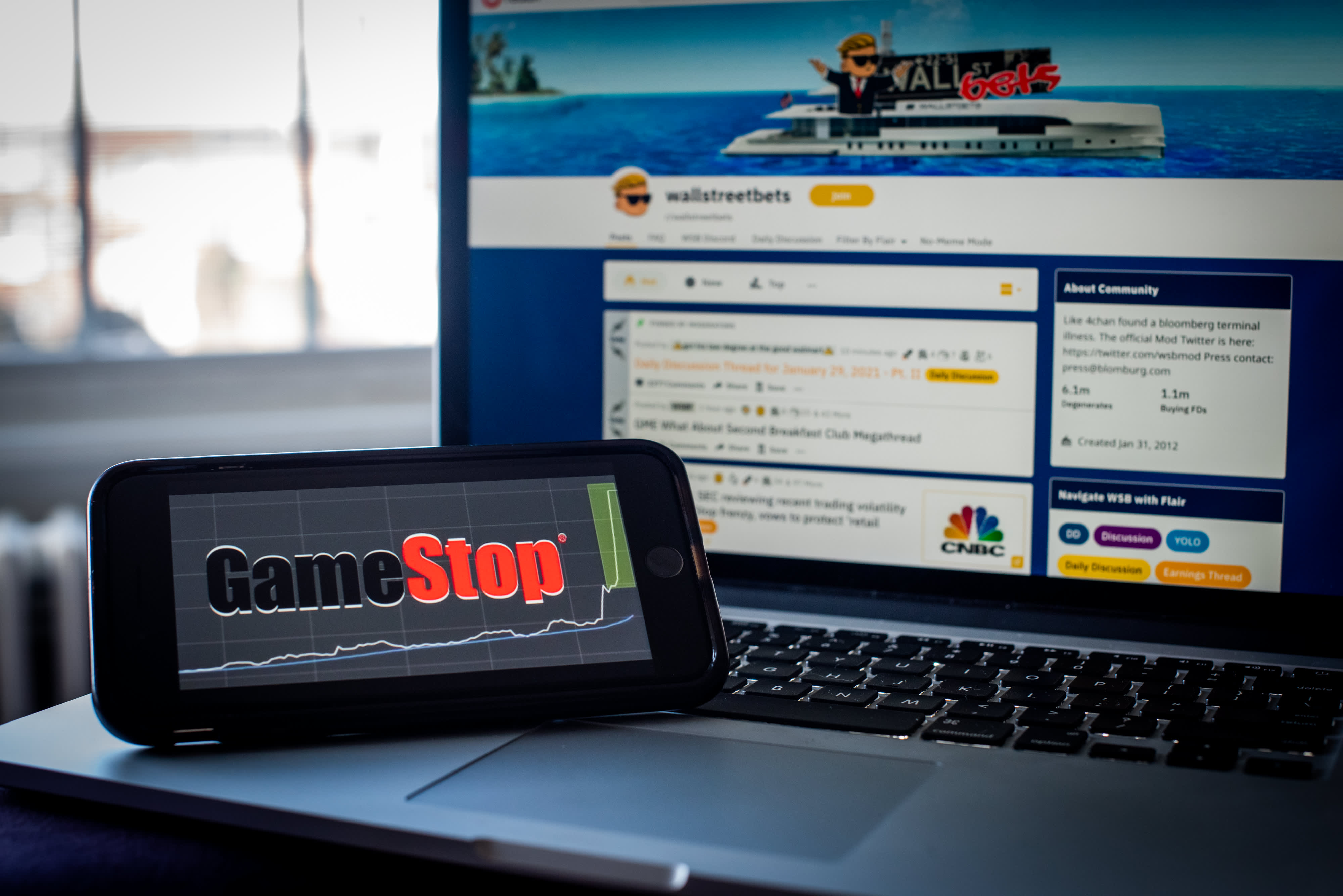Interactive Brokers chairman Thomas Peterffy told CNBC Wednesday that the U.S. financial system faced greater stress during the GameStop trading frenzy than is generally recognized.
“We have come dangerously close to the collapse of the entire system and the public seems to be completely unaware of that, including Congress and the regulators,” Peterffy said in an interview on “Closing Bell.”
Peterffy’s remarks came one day before the House Financial Services Committee was set to hold a hearing examining the epic short squeeze in GameStop that transpired in late January. Among those set to testify are chief executives of stock-trading app Robinhood and hedge fund Melvin Capital, which had been short shares of GameStop.
Representatives from Interactive Brokers are not set to be a part of Thursday’s hearing.
At the peak of the trading mania, Robinhood, along with other brokerages including Interactive Brokers, placed differing levels of temporary restrictions on GameStop and other speculative stocks, which had become favored by users of forums like Reddit’s WallStreetBets. The moves were met with fierce criticism by retail investors, who contended it put them at disadvantages to institutional investors.
But those affiliated with brokerages, such as Robinhood CEO Vlad Tenev and Peterffy, have repeatedly defended the decisions as being necessary to comply with various capital requirements and protect the financial system in the face of volatile trading activity.
Peterffy, who founded Interactive Brokers more than four decades ago, said Wednesday that the market vulnerabilities stemmed from the fact there was so much short interest in GameStop combined with large amounts of options activity.
Short selling is a bearish strategy in which an investor borrows shares of a stock and then promptly sells them, with the hopes of buying back shares later at a lower price. They then return the borrowed shares and profit off the difference. When the opposite happens, like with GameStop, short-sellers may seek to buy back the stock at its current higher price in an attempt to minimize losses.
A call option gives investors the right — but not an obligation — to buy a stock at predetermined strike price. It’s essentially a bet that a certain stock will rise, while short-selling is a bet a stock will fall. Retail traders during the Reddit frenzy aggressively bought GameStop call options, which can have the effect of pushing the underlying stock higher when it happens in highly speculative situations.
In the case of GameStop, there was upward momentum from both the short sellers trying to cover plus Reddit traders buying the stock outright or call options in the name. These forces combined helped push GameStop’s stock from less than $20 in early January to an intraday high of $483 on Jan. 28. The stock is now less than $50 as the short squeeze came to an end.
But without restrictions that limited upside pressure on GameStop shares, Peterffy said the situation could have gotten to a point where both short-sellers and the market makers who serve as middlemen in options transactions could not have fulfilled their various obligations.
There were particular risks for market makers being able to meet their options-contract requirements, if all the contracts would have been exercised, Peterffy said. That creates the possibility for “the brokers default on the clearinghouses, so you end up with a complete mess that is practically impossible to sort out, so that’s what almost happened,” he said.
He added that regulatory fixes must be implemented to reduce the likelihood of something similar transpiring in the future. For example, Peterffy said firms should have to report short interest in a stock daily, instead of the twice-per-month requirement currently in place. He also said, “I think they should increase margin requirements on shorts by 1% for every person who is shorting [a stock].”
“Nobody is to blame” for what happened in the GameStop frenzy, Peterffy said. “There’s a hole in the system that we immediately have to stop.”
